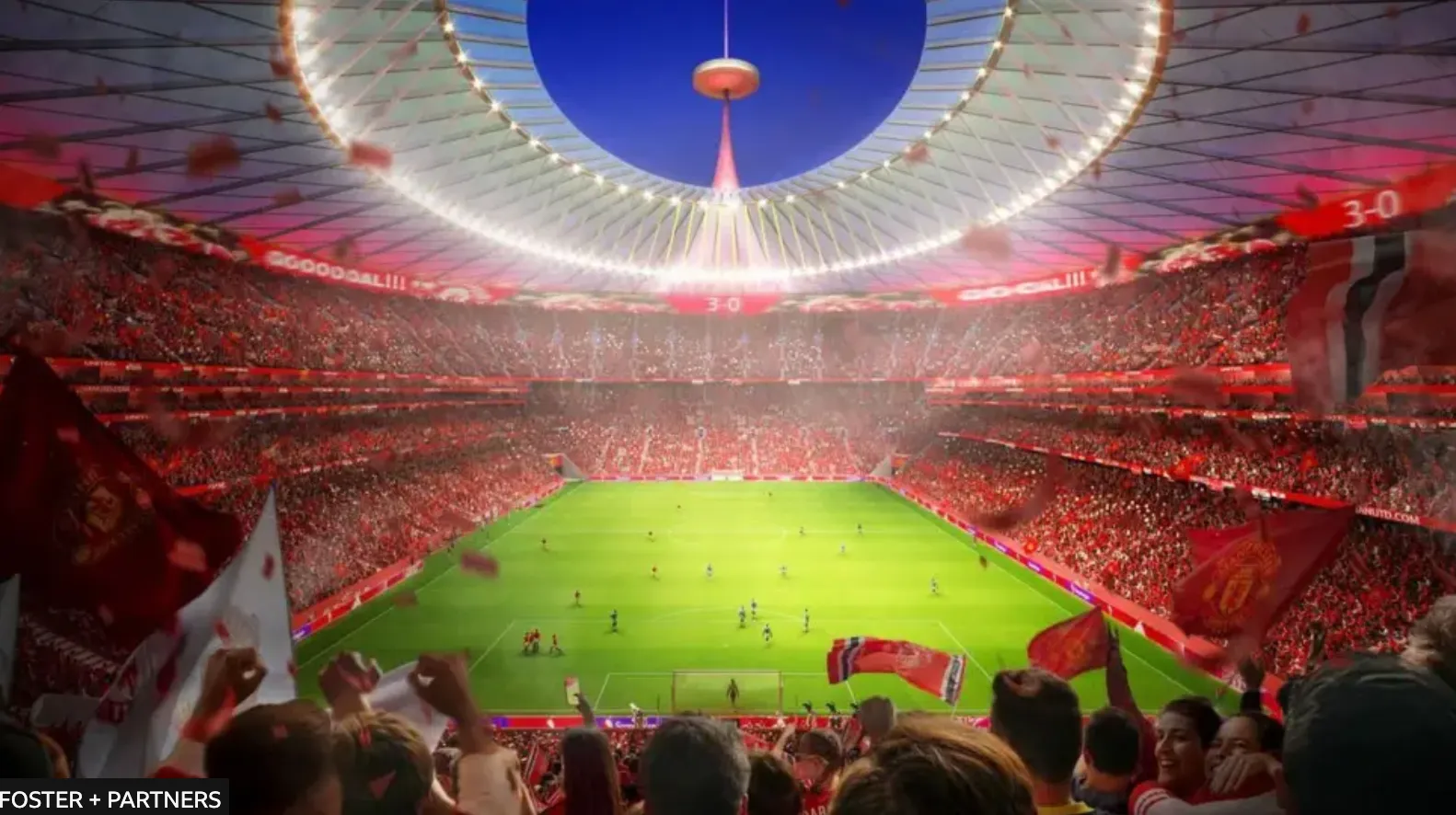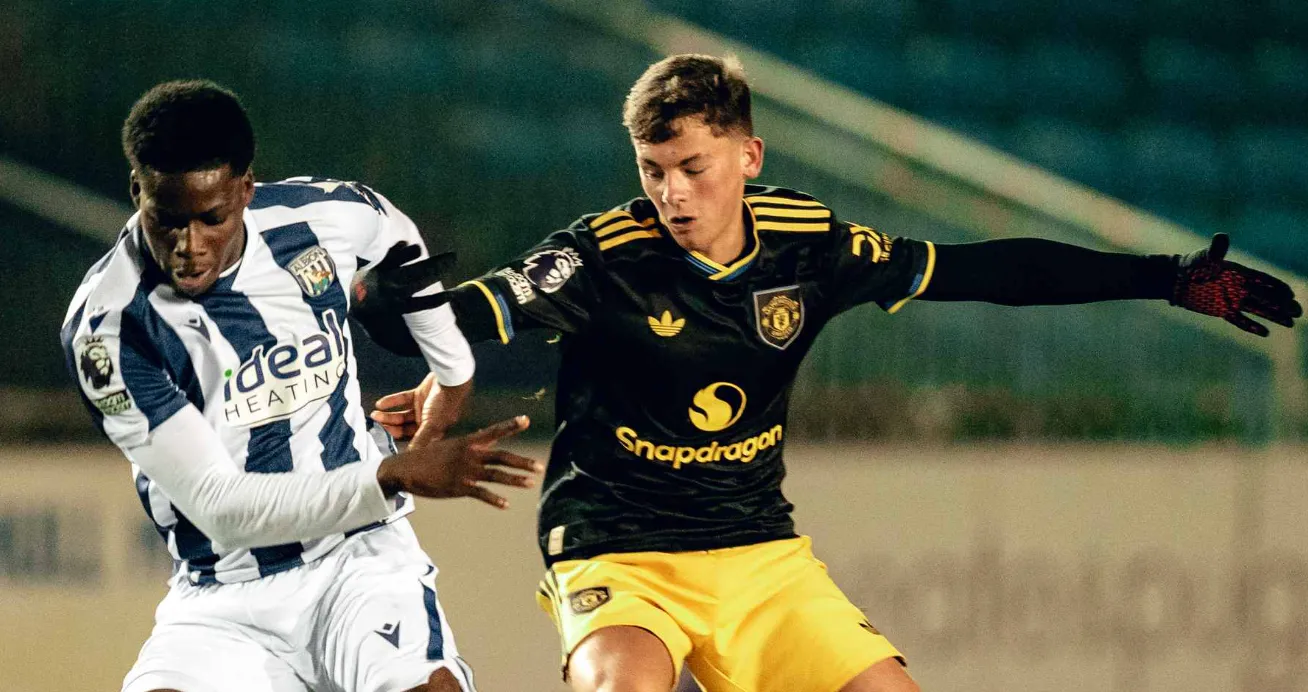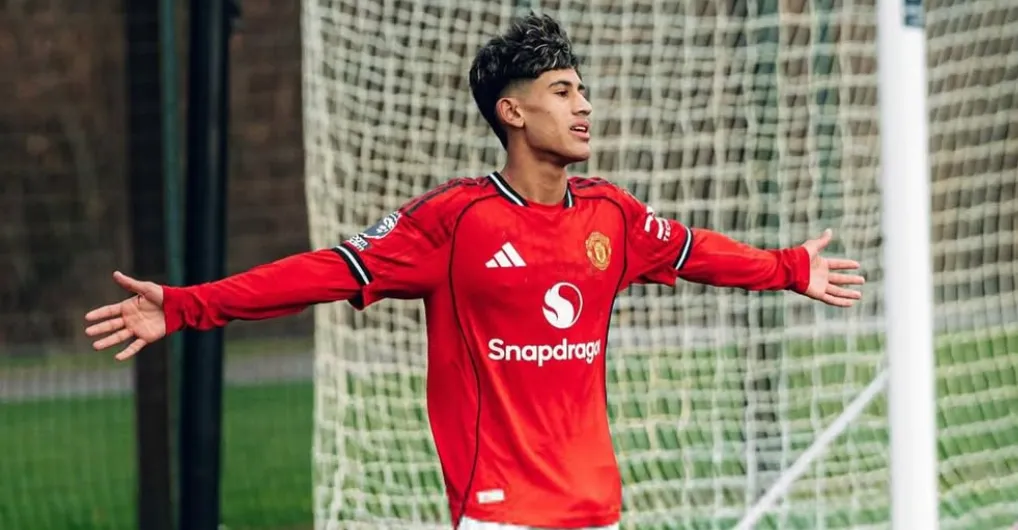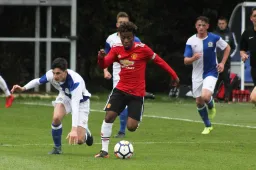Inside Man Utd's stunning new stadium plans which are being moved by greed
OpinionsThursday, 20 March 2025 at 10:49
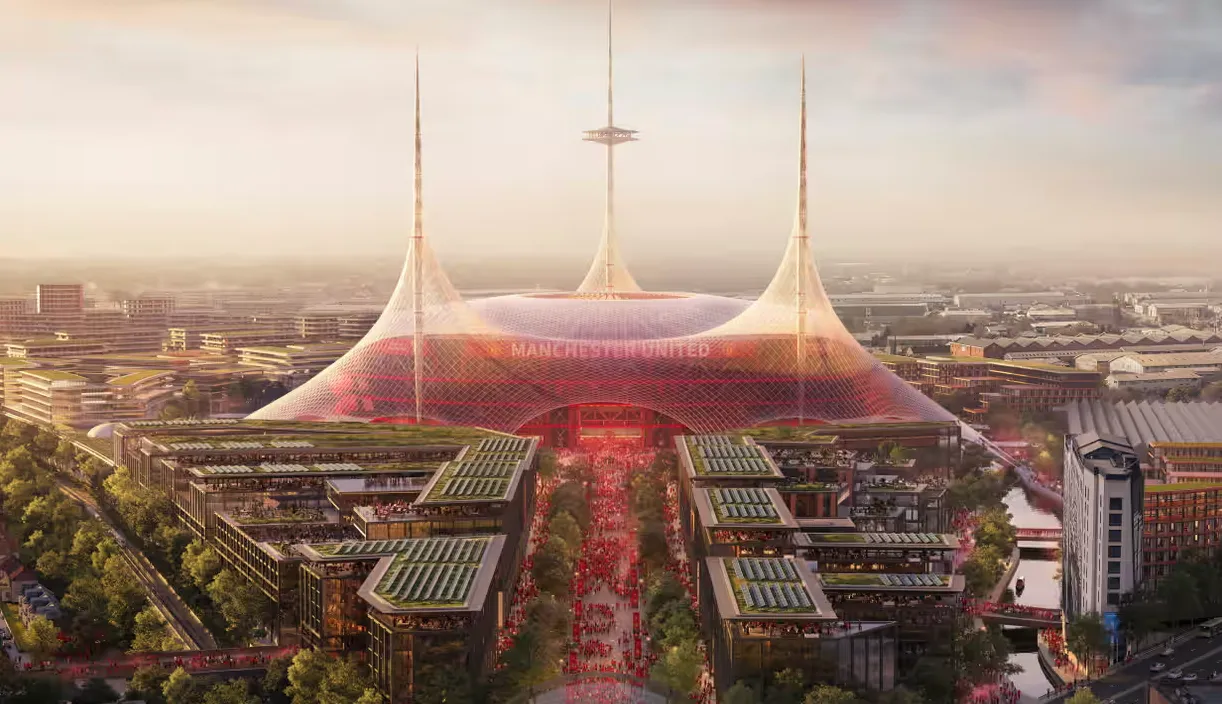
The sleek stadium being proposed by Manchester United bosses has a lot more ambition than the team is showing at the moment.
Foster + Partners’ lead architect calls these masts a 'bold statement on the horizon,' much like Gary Neville’s bold statements on a pundit’s panel. But let’s not get lost in the design flair.
If United want their 100,000-seat behemoth to look like a spaceship crash-landed in Trafford, that’s their call—taste is subjective, after all. The real issue, as someone still paying taxes in this country unlike tax-exile Sir Jim Ratcliffe, is what’s in it for everyone else?
Last week, with the pomp of a theme park unveiling, United rolled out their £2bn plan to bulldoze Old Trafford and erect what they boast will be the world’s premier football stadium. A plaza dwarfing Trafalgar Square! Gig venues! Hotels! Affordable housing (surely a jest)!
Read also
Three spires visible from the moon! Yet beneath the glitz lies a nagging question: if this project’s such a surefire money-spinner, why aren’t the Glazers—those debt-loading architects of United’s financial strain—stumping up the cash?
Why isn’t Ratcliffe, who dodged £4bn in UK taxes by decamping to Monaco, dipping into his vast reserves to bankroll his pet project?
The answer’s simple: this isn’t about reviving Trafford, and it never was. It’s capitalism in football boots, slicing up public resources for private gain while expecting us to cheer and chip in. Hike ticket prices. Slash staff. Shrug as fans grumble. Then dazzle us with a shiny investment pitch we’re somehow meant to co-fund.
Where do these figures even come from? Thin air, mostly. Any boost to local house prices just siphons value from other Manchester postcodes. New homes? They’ll be snapped up by landlords, not locals. Spending at ‘New Trafford’ simply shifts cash from other city hotspots—nobody’s doubling their weekend budget because a new bar opens.
Read also
Jobs? Think low-wage, gig-economy roles—stewards and burger-flippers, not career builders. And with plans to prefab the stadium and float it down the ship canal, don’t expect a construction boom either.
But that’s not the game here. Stadium economics isn’t economics—it’s fandom exploitation. United supporters aren’t rational shoppers; they’re diehards shelling out dwindling wages to watch a team stumble, year after year. That loyalty is a cash cow for investors like the Glazers and Ratcliffe.
Problem is, to keep profits soaring, you’ve got to swap out the hardcore for wealthier, casual punters—tourists who’ll pay premium for a selfie under those masts.
So when Ratcliffe bangs on about regenerating a region he’s abandoned for sunnier tax havens, take it with a pinch of salt. This is a billionaire who loves stadiums, loves being adored for them, and loves it most when someone else picks up the tab. It’s a leveraged buyout flipped—extracting public wealth for private empires, not the reverse.
Some will still lap it up: council bigwigs eyeing a legacy project, fans clinging to hopes that a glitzy arena will reverse decades of decline. Maybe it’ll host a cup final someday—or an England match, if United’s current squad doesn’t scare off the FA. For now, though, the rich get richer, the powerful tighten their grip, and the rest of us get a fancy plaza to sit in, applauding our own fleecing."
Loading

